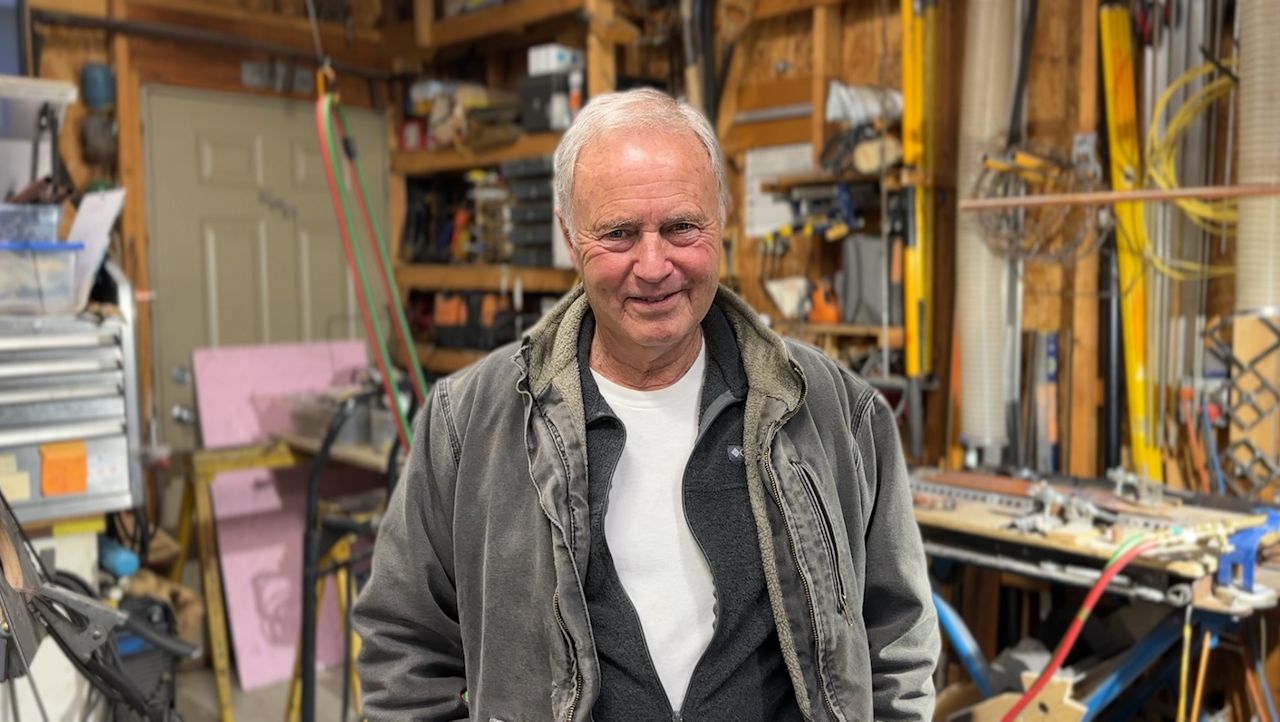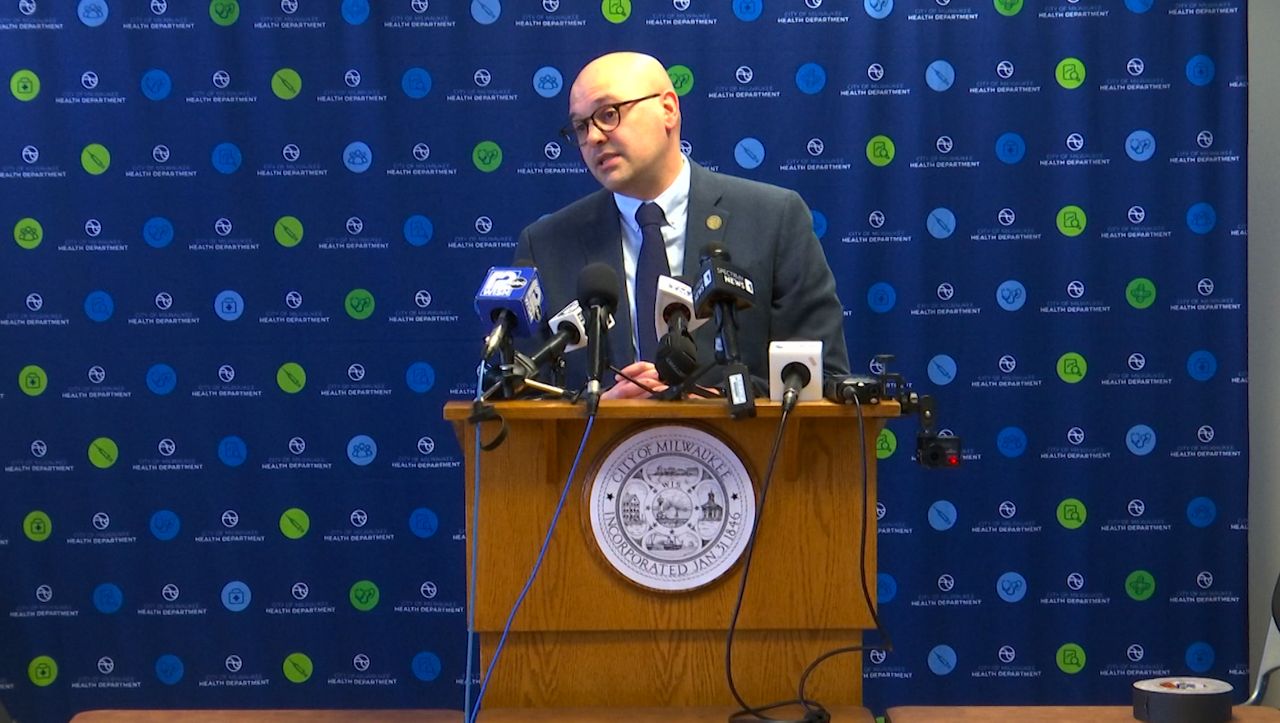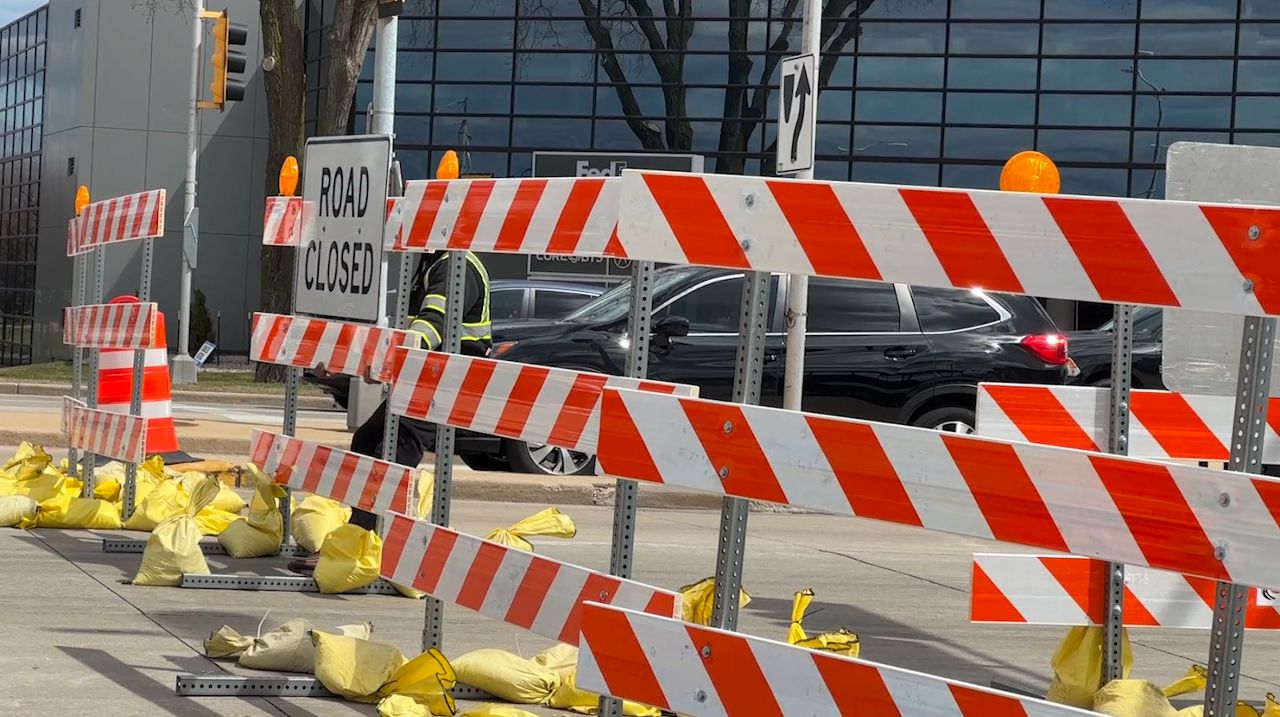MILWAUKEE — Researchers at the University of Wisconsin-Milwaukee are making concrete greener and more environmentally friendly.
It’s part of a new research initiative called the Concrete Advancement Network.
UW-Milwaukee civil engineering professor Konstantin Sobolev is the network’s director.
Sobolev said one of the problems with concrete is that it is hydrophilic. That means it has a tendency to absorb water, which presents several issues.
“It can freeze,” said Sobolev. “It can damage concrete and especially water, which contains chemicals like deicing chemicals. It can also damage reinforcement bars.”
That’s why researchers are developing a special type of coating that allows it to repel water.
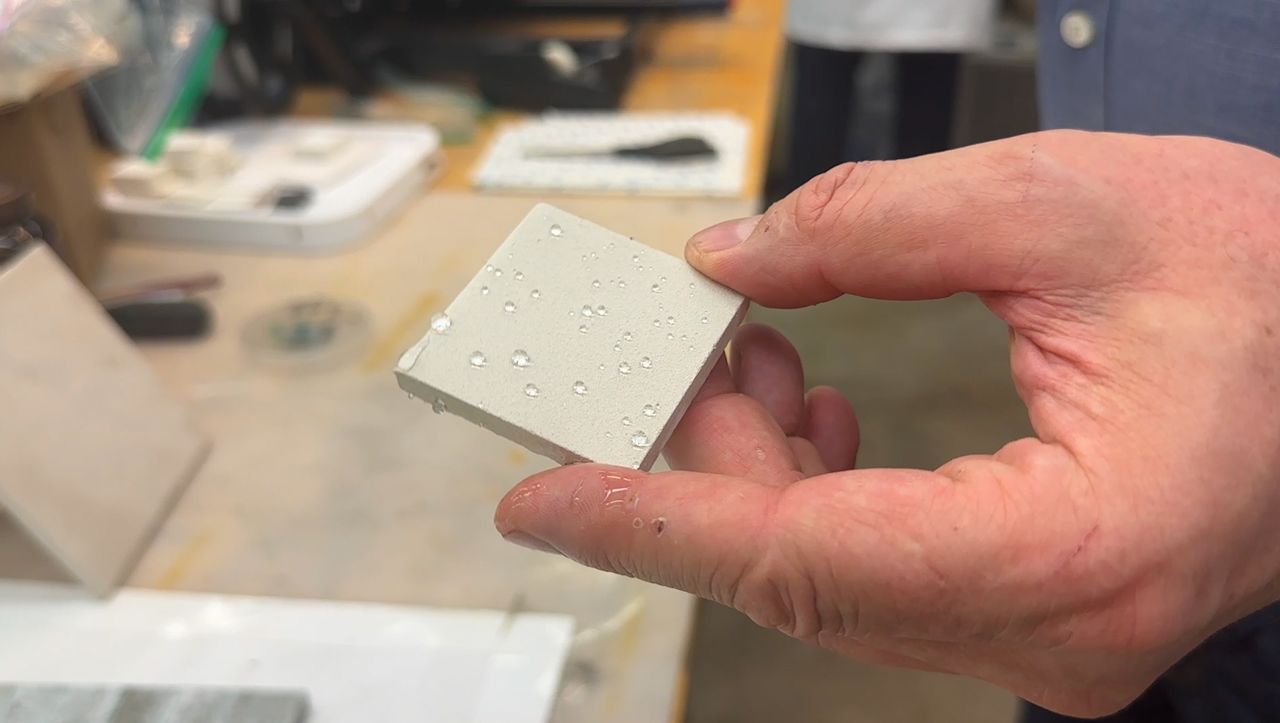
“This is one of the solutions we have for aging concrete infrastructure,” said Sobolev. “It’s good for old concrete. It’s good for new concrete, which we are using in projects.”
The Concrete Advancement Network is a partnership between UW-Milwaukee and the U.S. National Science Foundation. Its mission is to create a more sustainable concrete.
Another solution that UW-Milwaukee has come up with is smart concrete.
Research associate Hua Liu said the goal is to use sensors in the concrete to quickly identify its condition.
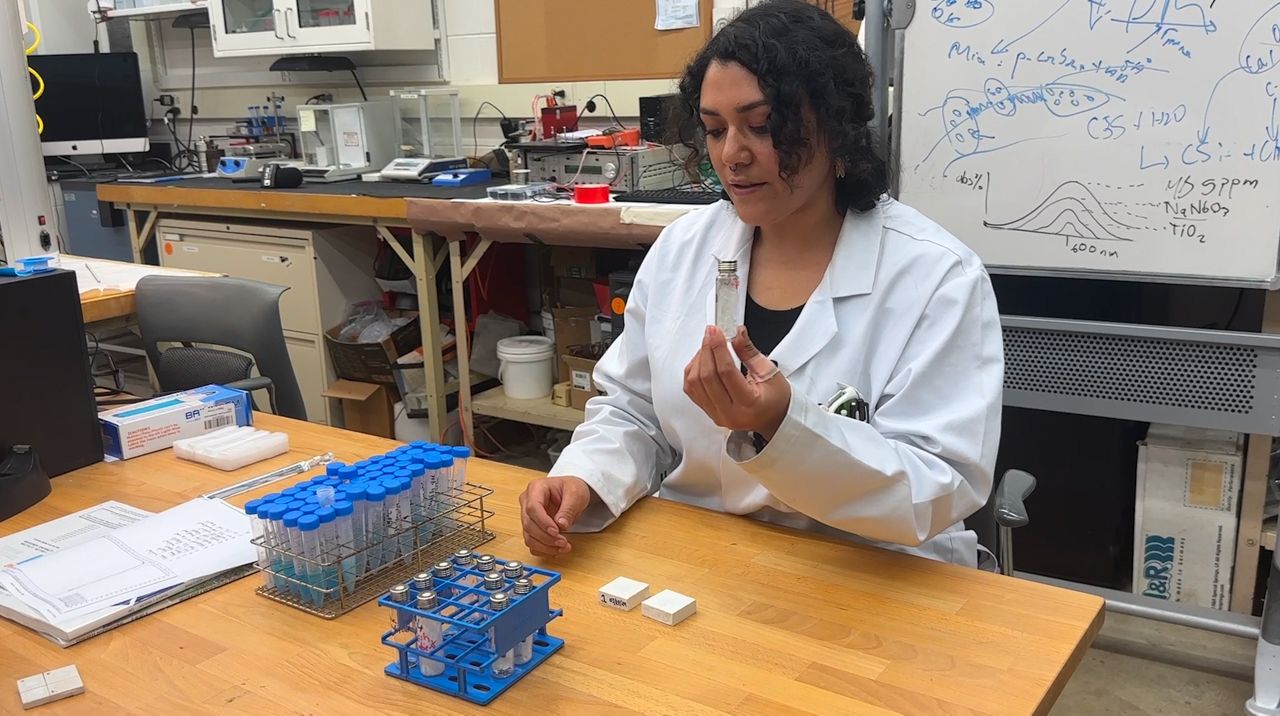
“Once a signal is sent, we know where the crack happens, so we need to fix it,” said Liu.
UWM civil engineering doctoral student Meraly Lopez is researching which materials are the most photocatalytic. This means it can absorb light.
“Our future research will be focused on using this photocatalyst to reduce CO2,” said Lopez.
In another part of the network, Sobolev said they are trying to make 3D-printed concrete.
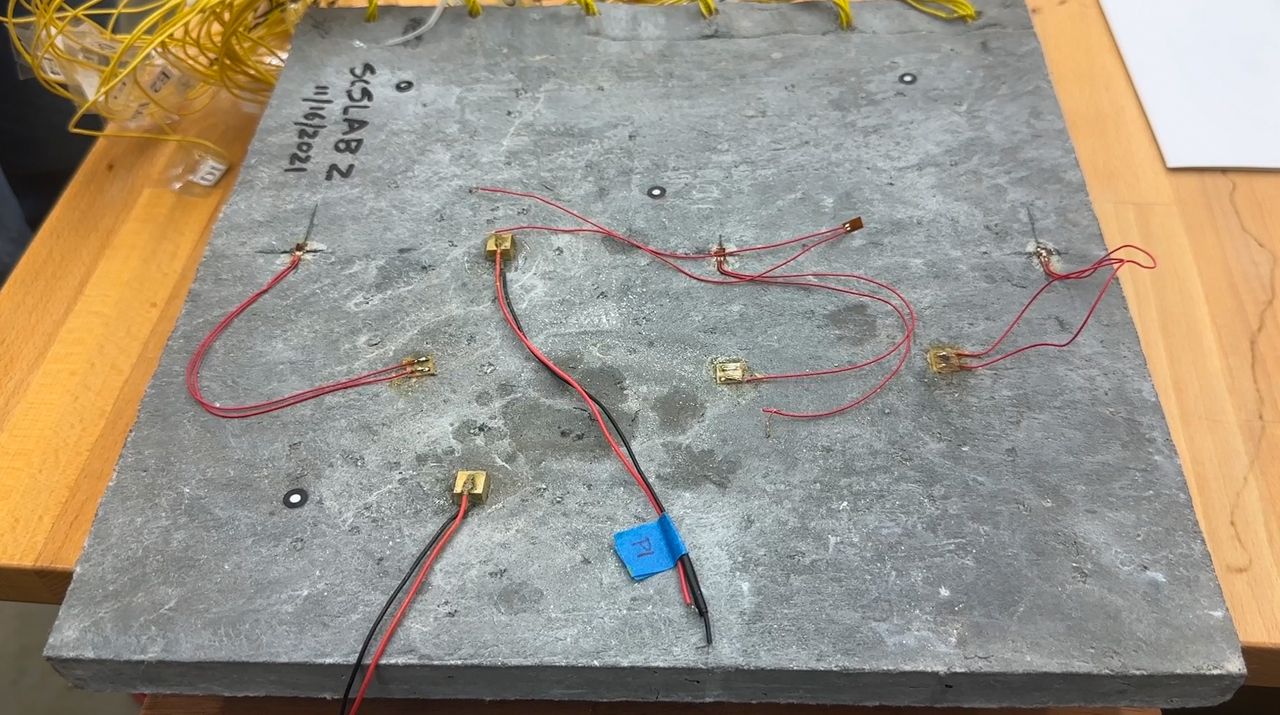
“For us, it means providing better concrete for future infrastructure, better means stronger, more durable. At the same time, there are less emissions, including carbon emissions, and also cost effective,” said Sobolev.
Sobolev said this work is important because it can help concrete manufacturers make a better product.







